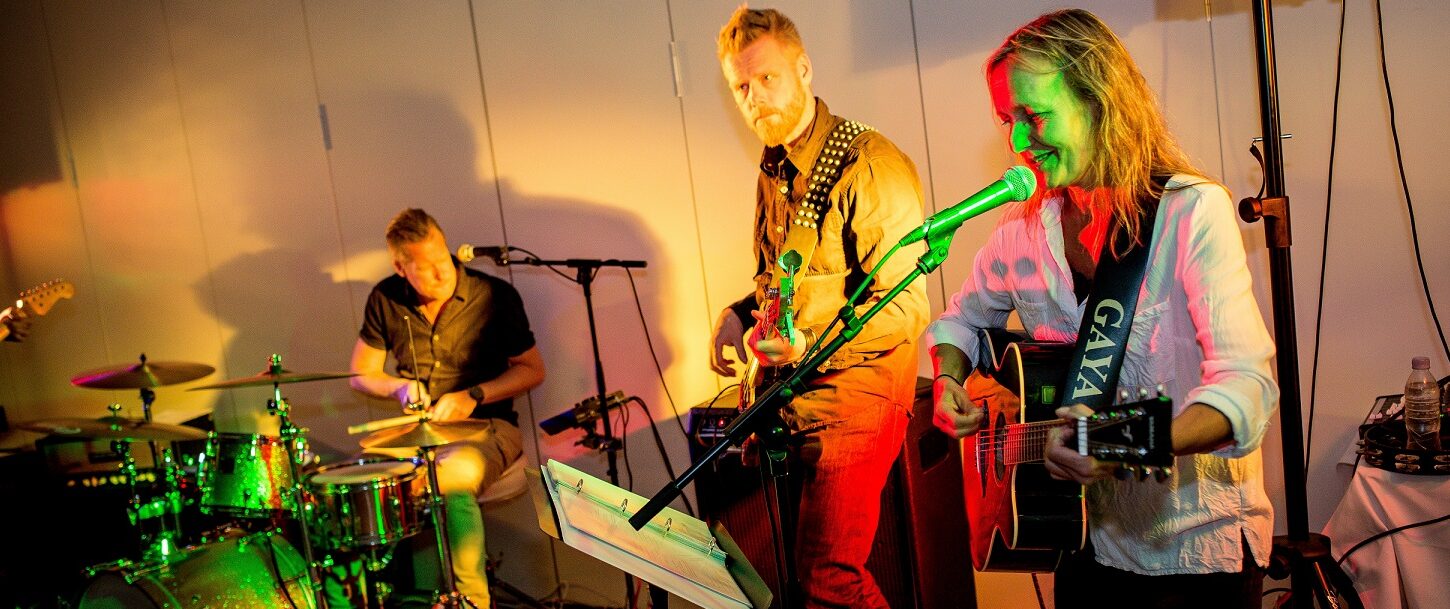Nestled in the heart of Memphis, Tennessee, Beale Street stands as a testament to the rich history and enduring legacy of the blues. For over a century, this iconic street has served as a vibrant hub for African American musicians, a haven for artistic expression, and a catalyst for cultural transformation. We will explore the blues legacy of Beale Street and its profound impact on American music. From its humble beginnings as a gathering place for African American musicians to its influence on genres like rock ‘n’ roll and soul, Beale Street has left an indelible mark on the musical landscape of the United States.
The Birth of Beale Street
Beale Street traces its origins back to the late 19th century when it became a cultural melting pot for African American musicians and entertainers. The street became a thriving commercial district, attracting performers from all over the country who sought to showcase their talent in the numerous clubs and juke joints that lined the street. It was during this time that the foundations of the blues began to take shape, with musicians incorporating African rhythms, spirituals, and field hollers into their music.
The Influence of the Blues on American Music
The blues, with its raw emotion, soulful vocals, and expressive guitar playing, soon became a cornerstone of American music. Its influence can be heard in genres such as jazz, rock ‘n’ roll, soul, and even hip-hop. Beale Street served as a breeding ground for blues musicians, nurturing talents like W.C. Handy, the “Father of the Blues,” whose compositions like “St. Louis Blues” and “Memphis Blues” became blues standards.
The impact of the blues on American music is immeasurable. It provided a voice for marginalized communities, expressing their joys, sorrows, and struggles. The blues became a vehicle for social commentary, addressing issues of inequality, oppression, and the human condition. Its influence can be felt in the works of artists like B.B. King, Muddy Waters, and Howlin’ Wolf, who expanded the boundaries of the blues and brought it to new audiences.
Beale Street and the Rise of Rock ‘n’ Roll
As the blues evolved and merged with other musical styles, Beale Street played a significant role in the emergence of rock ‘n’ roll. The energy and attitude of the blues found a new expression in the electrified sounds of artists like Elvis Presley, Jerry Lee Lewis, and Johnny Cash. These musicians drew inspiration from the blues-driven performances they witnessed on Beale Street and incorporated elements of the genre into their own music, creating a new and revolutionary sound.
The Soulful Sound of Beale Street
In addition to its influence on rock ‘n’ roll, Beale Street also played a pivotal role in the development of soul music. Artists like Otis Redding, Al Green, and Isaac Hayes honed their craft on Beale Street, infusing their music with the emotional depth and passion of the blues. Their soulful voices and heartfelt performances captivated audiences and propelled soul music into the mainstream.
The Continuing Legacy of Beale Street
Today, Beale Street remains a vibrant cultural hub, welcoming visitors from around the world to experience the spirit of the blues. It continues to serve as a launching pad for talented musicians and a venue for live performances, keeping the blues tradition alive.
The impact of Beale Street on American music cannot be overstated. Its role in the development of the blues, its influence on genres like rock ‘n’ roll and soul, and its contribution to the cultural fabric of the United States make it a significant landmark in music history. The legacy of Beale Street serves as a reminder of the power of music as a form of expression, connection, and social change.
Moreover, Beale Street’s impact extends beyond the realm of music. It has become a symbol of resilience, community, and cultural pride. Despite facing challenges and adversity throughout its history, Beale Street has persevered, serving as a testament to the strength and creativity of African American musicians and the enduring power of the blues.
In recognition of its historical and cultural significance, Beale Street was designated as a National Historic Landmark in 1966. This recognition solidifies its importance as a cultural institution and ensures its preservation for future generations.
Beale Street stands as a testament to the enduring legacy of the blues and its profound impact on American music. From its early days as a gathering place for African American musicians to its influence on genres like rock ‘n’ roll and soul, Beale Street has left an indelible mark on the musical landscape. The blues, with its raw emotion and powerful storytelling, provided a voice for marginalized communities and became a catalyst for cultural transformation.
Today, Beale Street continues to thrive as a vibrant cultural hub, welcoming visitors from around the world to experience the rich history and soulful sounds that emanate from its clubs and streets. It serves as a reminder of the power of music to transcend boundaries, bridge divides, and bring people together.
As we reflect on the legacy of Beale Street, we are reminded of the resilience and creativity of African American musicians who defied societal constraints to create music that speaks to the human experience. The impact of Beale Street on American music will continue to resonate for generations to come, ensuring that the blues and its cultural heritage remain alive and vibrant.
